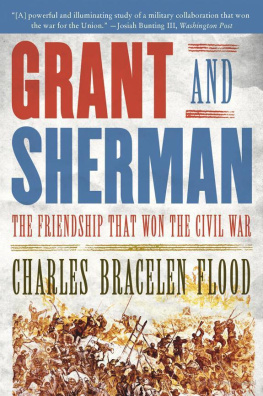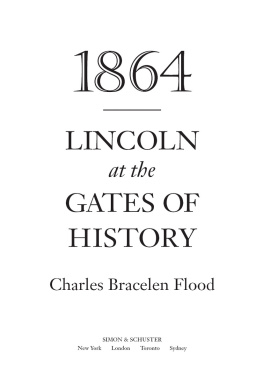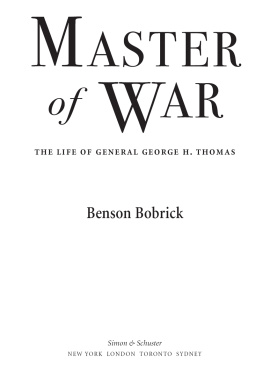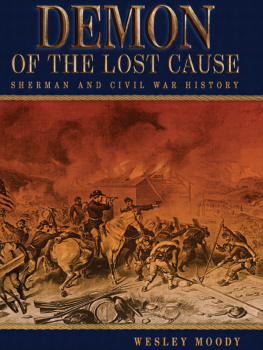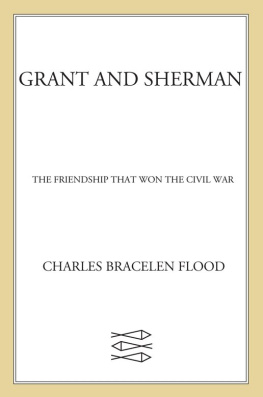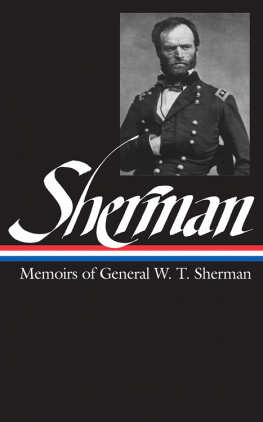Charles Bracelen Flood - Grant and Sherman: The Friendship That Won the Civil War
Here you can read online Charles Bracelen Flood - Grant and Sherman: The Friendship That Won the Civil War full text of the book (entire story) in english for free. Download pdf and epub, get meaning, cover and reviews about this ebook. year: 2005, publisher: Farrar, Straus and Giroux, genre: Non-fiction. Description of the work, (preface) as well as reviews are available. Best literature library LitArk.com created for fans of good reading and offers a wide selection of genres:
Romance novel
Science fiction
Adventure
Detective
Science
History
Home and family
Prose
Art
Politics
Computer
Non-fiction
Religion
Business
Children
Humor
Choose a favorite category and find really read worthwhile books. Enjoy immersion in the world of imagination, feel the emotions of the characters or learn something new for yourself, make an fascinating discovery.
- Book:Grant and Sherman: The Friendship That Won the Civil War
- Author:
- Publisher:Farrar, Straus and Giroux
- Genre:
- Year:2005
- Rating:5 / 5
- Favourites:Add to favourites
- Your mark:
Grant and Sherman: The Friendship That Won the Civil War: summary, description and annotation
We offer to read an annotation, description, summary or preface (depends on what the author of the book "Grant and Sherman: The Friendship That Won the Civil War" wrote himself). If you haven't found the necessary information about the book — write in the comments, we will try to find it.
They were prewar failures--Grant, forced to resign from the Regular Army because of his drinking, and Sherman, who held four different jobs, including a beloved position at a military academy in the South, during the four years before the Confederates fired on Fort Sumter. But heeding the call to save the Union each struggled past political hurdles to join the war effort. And taking each others measure at the Battle of Shiloh, ten months into the war, they began their unique collaboration. Often together under fire on the wars great battlefields, they smoked cigars as they gave orders and learned from their mistakes as well as from their shrewd decisions. They shared the demands of family life and the heartache of loss, including the tragic death of Shermanss favorite son. They supported each other in the face of mudslinging criticism by the press and politicians. Their growing mutual admiration and trust, which President Lincoln increasingly relied upon, would set the stage for the crucial final year of the war. While Grant battled with Lee in the campaigns that ended at Appomattox Court House, Sherman first marched through Georgia to Atlanta, and then continued with his epic March to the Sea. Not only did Grant and Sherman come to think alike, but, even though their headquarters at that time were hundreds of miles apart, they were in virtually daily communication strategizing the final moves of the war and planning how to win the peace that would follow.
Moving and elegantly written, Grant and Sherman is an historical page turner: a gripping portrait of two men, whose friendship, forged on the battlefield, would win the Civil War.
Charles Bracelen Flood: author's other books
Who wrote Grant and Sherman: The Friendship That Won the Civil War? Find out the surname, the name of the author of the book and a list of all author's works by series.

